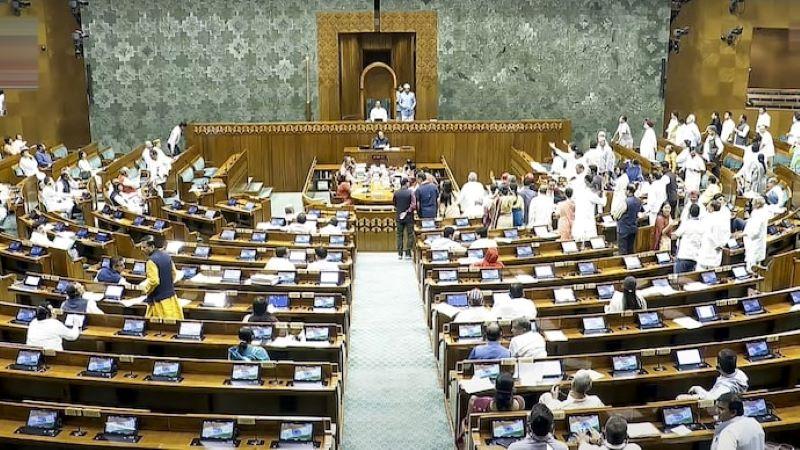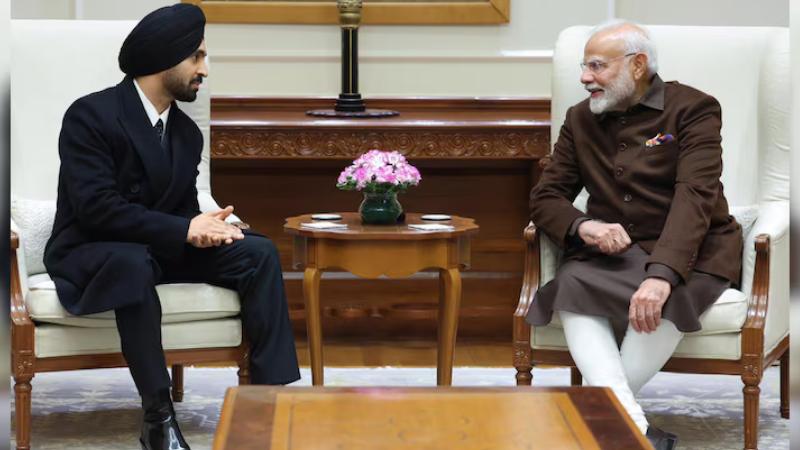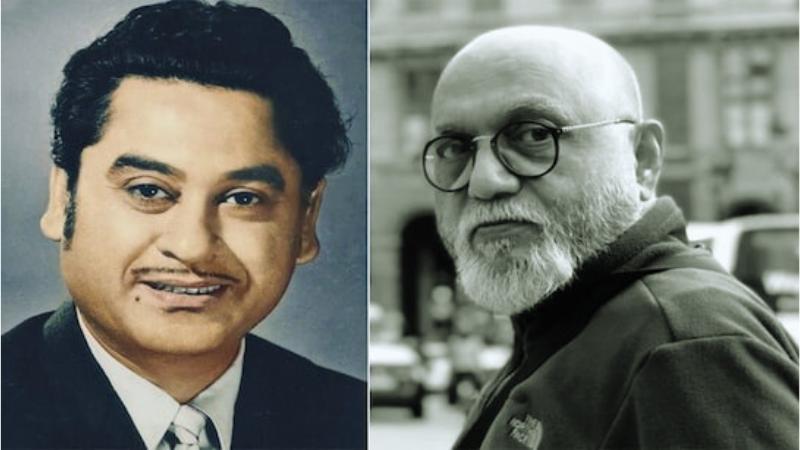
- devara
- 02 Apr 2025 01:42 AM
- #Political News #Waqf Bill 2024 #NDA vs Opposition #Lok Sabha #Muslim property law #Central Waqf Council
The Waqf (Amendment) Bill, 2024, is at the center of a major political storm as it is set to be introduced in the Lok Sabha today amid mounting opposition from the INDIA bloc. The bill, intended to amend the Waqf Act of 1995, is being promoted by the government as a long-overdue reform aimed at improving the administration and efficiency of waqf property management. However, critics argue that several of its provisions threaten the very autonomy of Muslim religious endowments, making it a deeply contentious legislative proposal. Originally tabled in August 2024, the bill encountered immediate pushback from opposition leaders and various Muslim organisations. Due to the intense backlash, the bill was referred to a Joint Parliamentary Committee (JPC), which reviewed it over several months. After deliberating on multiple suggestions and revisions, the JPC accepted 14 amendments while rejecting 44 proposals made primarily by opposition members. The deliberations were so tense that they even saw dramatic moments, including Trinamool Congress MP Kalyan Banerjee injuring himself by smashing a glass bottle during a heated exchange.
The government argues that the bill is aimed at modernising the management of waqf properties through reforms such as digitisation, standardisation of property records, and updated definitions. Proponents also claim the bill will enhance transparency and reduce the legal complexities that plague the current Waqf Act. According to the government, these steps are crucial to resolving longstanding disputes and ensuring the optimal use of waqf assets. Despite these assurances, opposition parties have come out strongly against the bill. The INDIA bloc has voiced unified resistance, citing concerns over increased centralisation and potential constitutional violations. Key issues include the proposed reconstitution of the Central Waqf Council and state waqf boards by mandating the inclusion of non-Muslim members. Opposition leaders argue that these boards, which exist to manage Muslim charitable properties, should retain their religious and community-specific composition.
Another major flashpoint is the clause that grants a senior state government official the authority to decide ownership in disputes involving waqf properties. Initially, the bill proposed that district collectors serve as final arbiters, but the revised version shifts that role to a state official of a senior rank. Critics argue this could lead to biased or politically influenced decisions, undermining the rights of the Muslim community. The bill also changes the composition of the Waqf Tribunal. The current setup would be altered to include a district judge and a state government officer of joint secretary rank. Opposition members have raised alarms over this move, saying it compromises judicial independence and allows excessive government control over tribunal decisions. One of the most controversial aspects of the bill is the proposed removal of the "waqf by user" clause. This clause had previously allowed properties to be classified as waqf based on long-term religious or charitable use, even without legal documentation. Its removal, critics say, could strip many mosques, madrasas, and graveyards of their waqf status, especially in rural or undocumented areas.
The government’s decision to allocate just eight hours for discussion through the Business Advisory Committee (BAC), chaired by Lok Sabha Speaker Om Birla, has only added fuel to the fire. Opposition leaders, who had asked for twelve hours of debate, walked out of the BAC meeting in protest. Their unified stance includes a plan to vocally oppose the bill during its scheduled debate today, which begins at noon. While the NDA government, backed by a majority with 293 members in the 543-member Lok Sabha, appears confident of passing the bill, the Congress-led opposition is committed to a fierce resistance. With the BJP alone holding 240 seats, the numbers are clearly in favor of the bill, but the political and social ramifications may go beyond the legislative tally.
In essence, a waqf refers to a religious or charitable donation—usually in the form of land or property—made by Muslims. These donations are often undocumented, especially historically, and are used to maintain community structures like mosques, graveyards, orphanages, and madrasas. Any changes to the governance of such properties are thus seen as highly sensitive, both legally and emotionally, by the Muslim community. The controversy surrounding the Waqf (Amendment) Bill, 2024, underscores a growing tension between government reforms and minority rights. As the debate unfolds in Parliament, the bill’s implications are being closely watched not just by lawmakers, but by communities across the country. Whether the amendments bring about improved governance or trigger further alienation of minority communities will be revealed in the days to come. For now, the Waqf Bill remains one of the most divisive issues in the current parliamentary session.












































